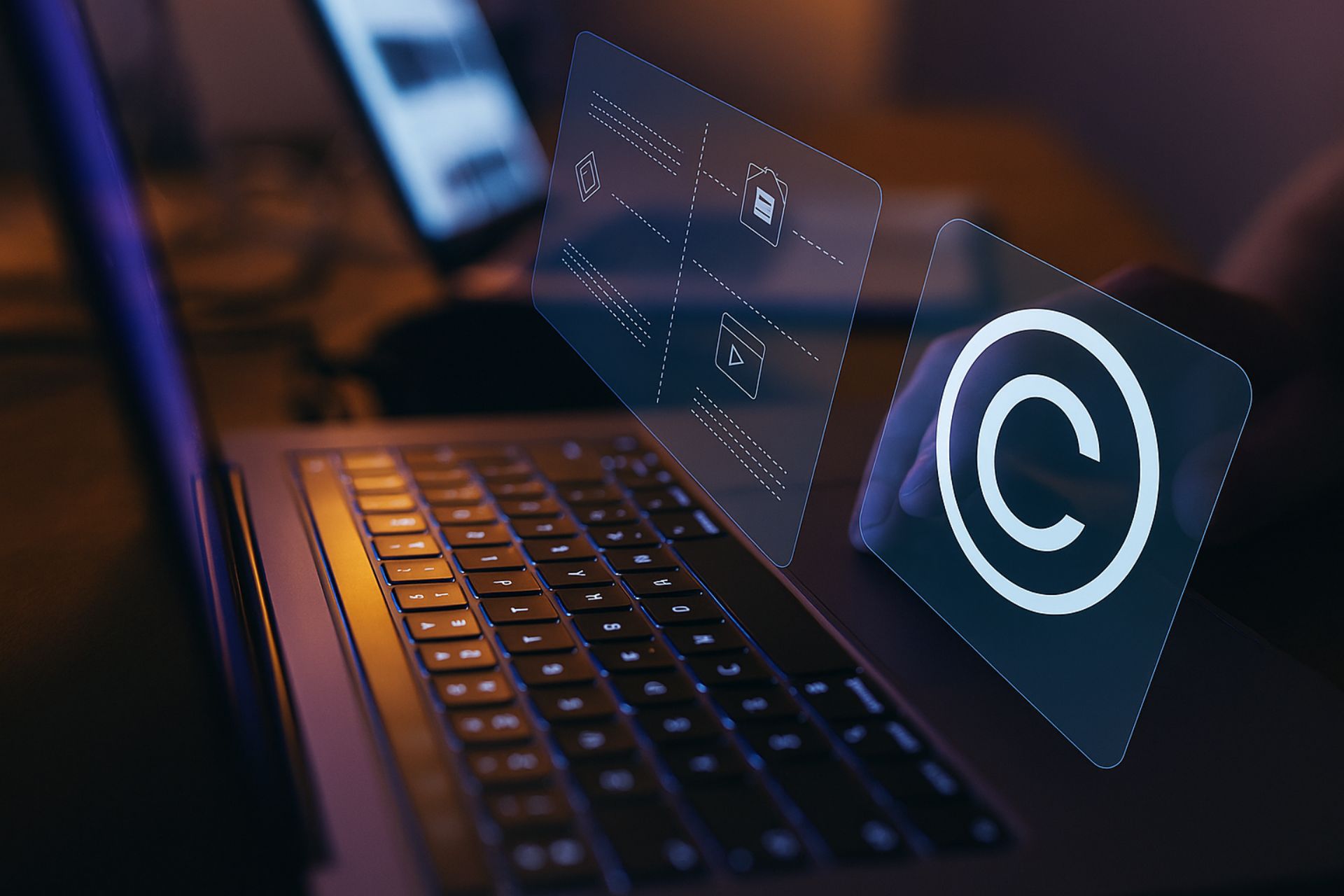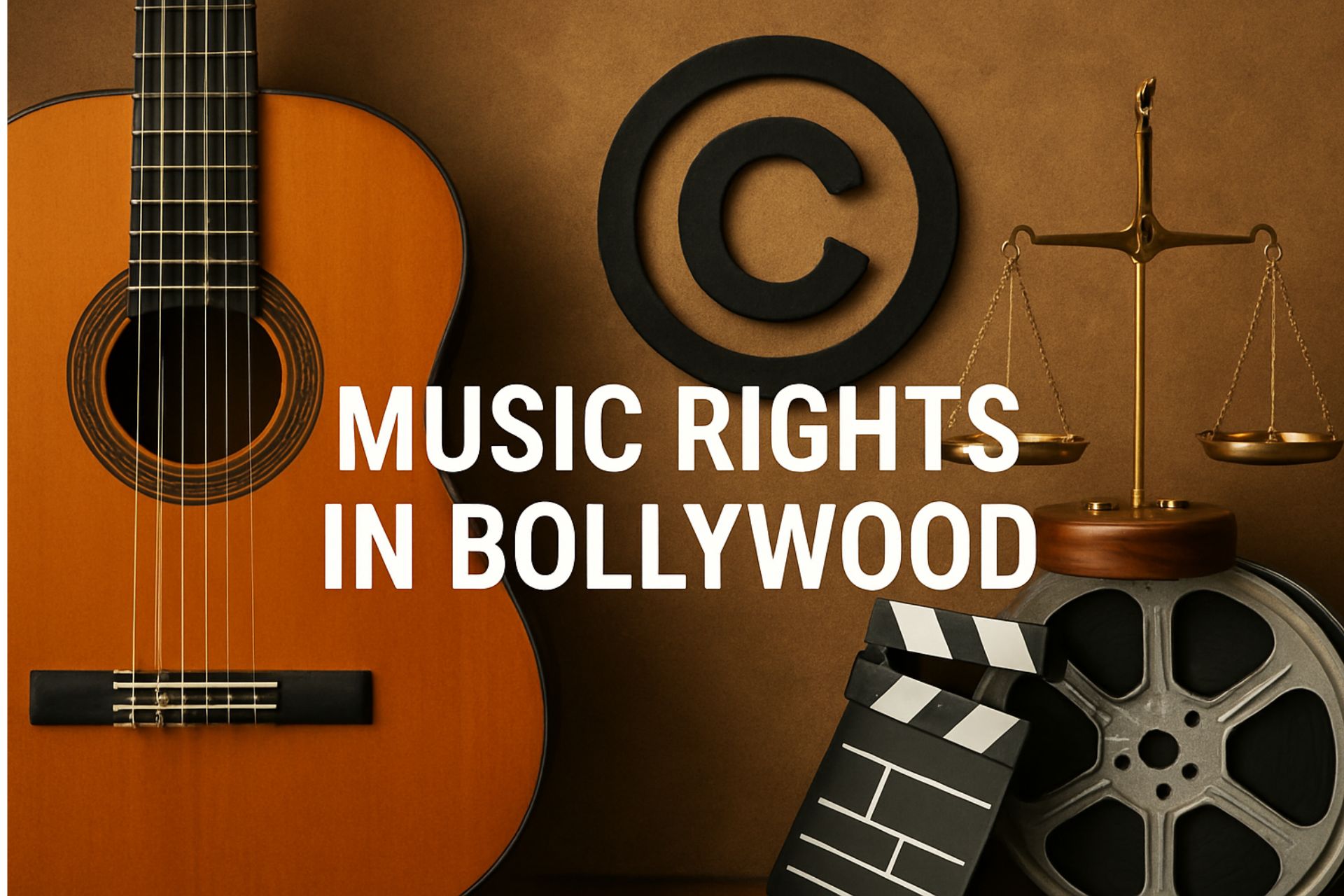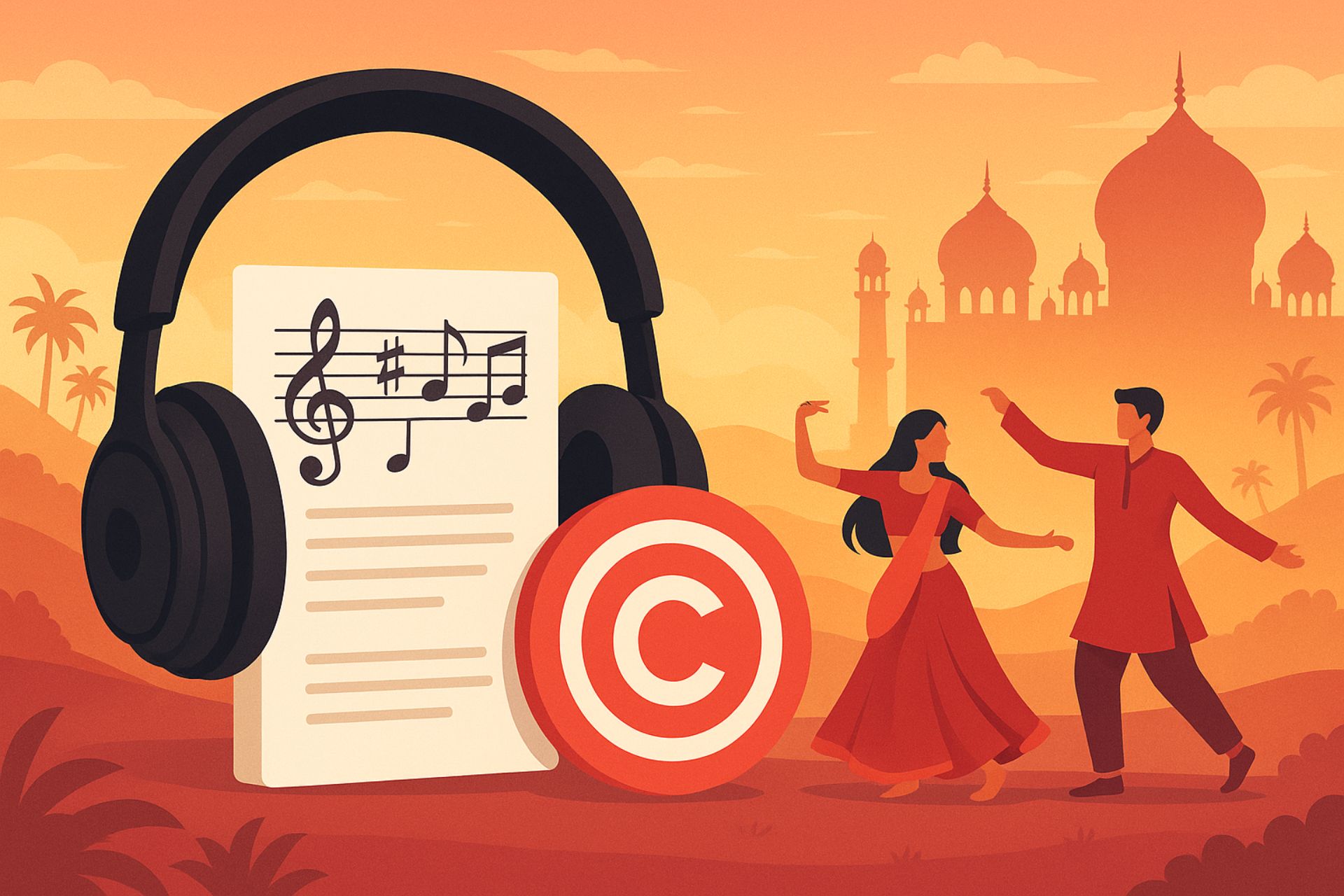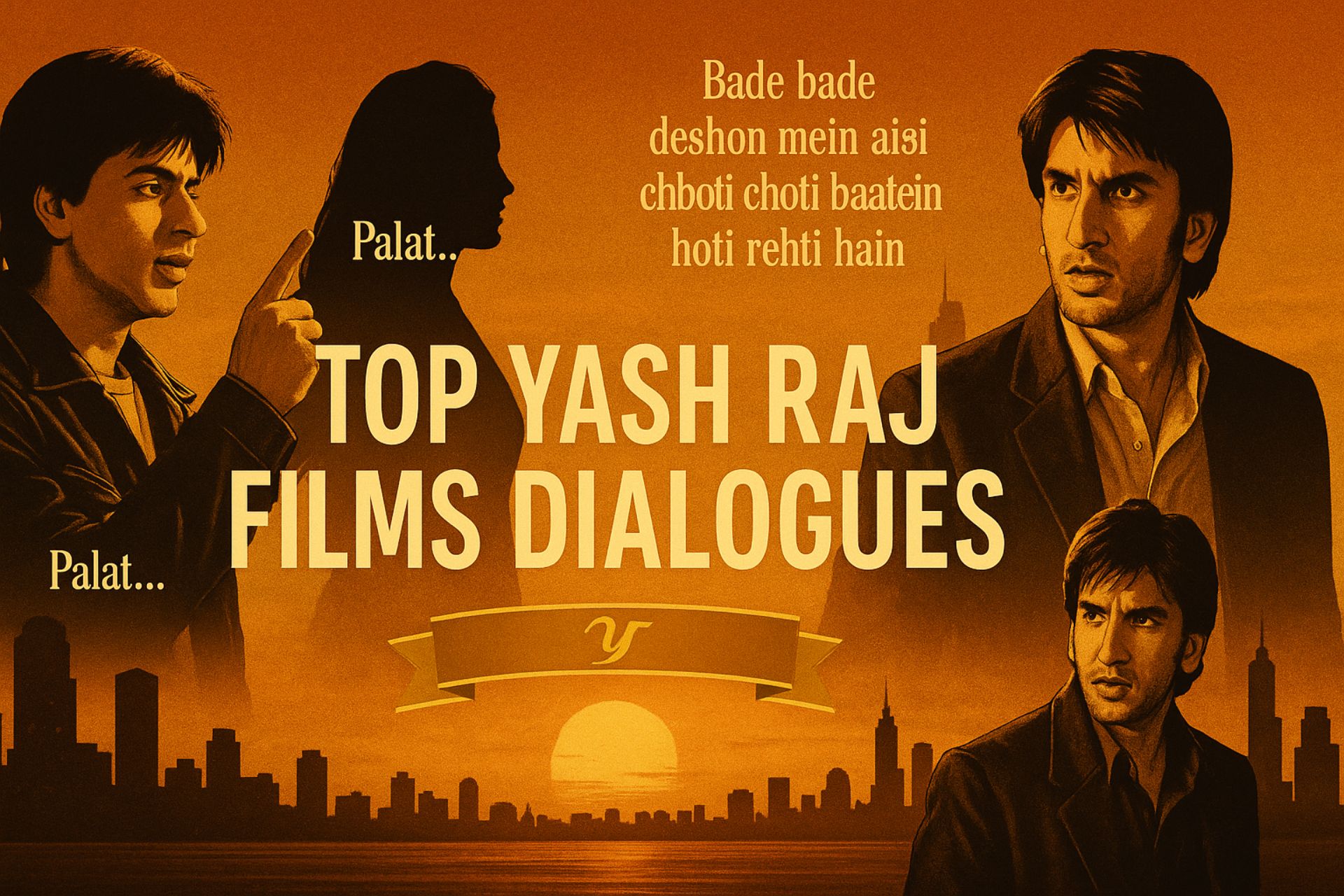If you’ve ever thought about who owns a Bollywood song or if it’s cool to use “Tum Hi Ho” in your YouTube video—welcome to the crazy (and sometimes messy) world of music rights in Bollywood.
Bollywood music isn’t merely background noise—it’s actually what gets the entire experience going. But you know, there’s this tangled mess of ownership, rights, and legality that creators, brands, and even fans tend to take for granted. So, let’s get into it!
Music Rights in the Bollywood Paradigm
Music is a big thing in Bollywood. Every popular song you listen to in a film or on Spotify has a lot of rights and individuals attached to it.
In contrast to indie music, Bollywood songs generally originate from a larger film project. So music rights are not merely a matter of who recorded or wrote the song—but who invested, produced, and distributed.
So, before making use of a Bollywood song within your next brand campaign or next reel, one needs to realize the rights vested in it.
Major Players of Bollywood Music Rights
Some of these players have an interest in the control and ownership of rights in Bollywood music. A quick look at who’s in the room:
Music Companies: T-Series, Sony Music India, and YRF Music, among others, would rather buy the music rights from the film producers. They are the distributors and licensors. The songwriters, lyricists, and singers are the ones who create the song. They typically sell their rights to record producers or recording companies for a certain amount of money or a royalty deal.
Producers and movie production companies typically get first crack at a film’s music and tend to pass those rights along to a music company in a licensing agreement. These people usually have arrangements that specify who gets what and how to utilize it—so when the song hits, everybody knows who’s getting what.
Types of Music Rights
Okay, let’s demystify the most important types of music rights that are a big issue in Bollywood:
1. Copyright
This is the law that is bestowed upon the owner of original work. In music, there tend to be two copyrights: one for the song (lyrics + melody) and another for the master sound recording
2. Master Rights
These are owned by the owner of the master recording of the song. In Bollywood, typically the music company or, in some cases, the film production company. Want to use the original song? You’ll need permission from the owner of the master rights.
3. Publishing Rights
This includes the lyrics and composition—what the music composer and songwriter bring to the table. Even if you record your cover of a Bollywood song, you must still clear these rights.
4. Sync Rights (Synchronization Rights)
Want to use a Bollywood track in your YouTube video, advertisement, or short film? You’re going to need sync rights for that. They allow you to sync the music to your visuals. This is basically where most copyright strikes on YouTube occur when the music isn’t licensed correctly.
5. Mechanical Rights
These are for music licensing—digitally or physically. To sell a CD or release on Spotify, you require mechanical rights.
Licensing Bollywood Music

Licensing is essentially the way that you officially obtain the right to use a song. If you’re a company building a campaign or a creator building content, having the right license means that you’re not landing yourself in trouble legally.
You can:
- You can grab music straight from labels like T-Series or Sony.
- Search music licensing websites like Hoopr and Hoopr Smash for easy access to pre-cleared Bollywood tracks.
- Partner with sync licensing firms that handle all things Bollywood.
Always check: What kind of license you’re getting (sync, master, publishing)
How long it lasts
So, like, where and how can you use the music?
Copyright Problems & Legal Issues
Listening to Bollywood music without the appropriate permissions can land you in serious trouble. Have a look at some of the risks:
1. YouTube Copyright Strikes: Receive three strikes, and they might just shut down your channel.
2. Demonetization: Even if your video remains online, ad revenue could go directly to the rights holder.
3. Legal Action: For use on a commercial or large scale, rights owners may sue or request damages.
4. Takedown Notices: Sites can delete your content completely if it’s reported as being used improperly. Short version: just because a song is on YouTube or Spotify doesn’t mean you can do with it what you like.
Final Thoughts
Bollywood music is passionate, lively, and highly cultural—hence the reason why creators and brands adore using it. However, with great music, there must be great responsibility. Understanding the rights, stakeholders, and licensing is important if you want to stay creative and compliant. Whether you’re making an ad, a vlog, or a short film, make sure the music you’re using is licensed correctly. Because nothing kills a mood like a copyright violation.



